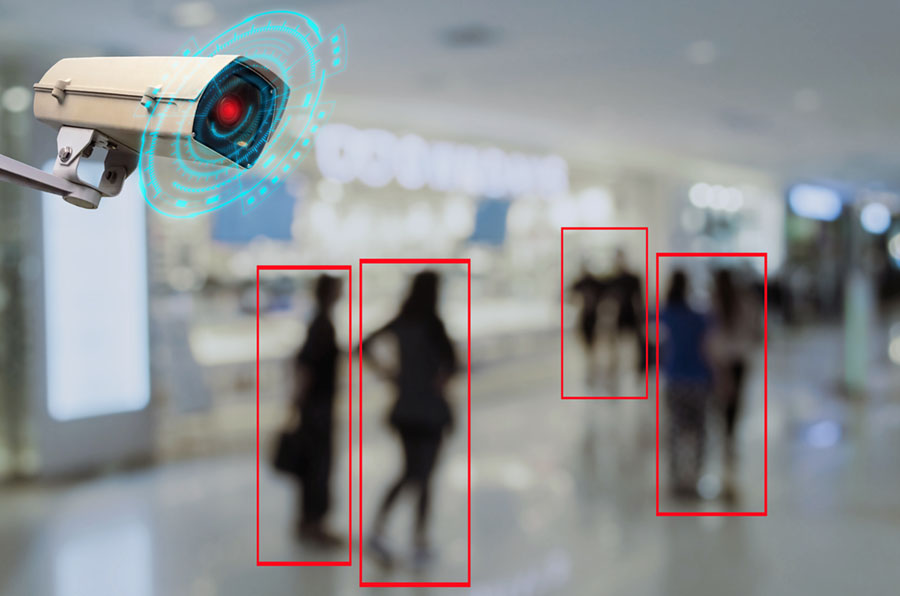
Big Brother is Watching You Live, Travel and Spend Your Money
When Big Brother is Watching You, Most of the Time You Aren’t Aware You’re Being Watched.
When Big Brother is watching you, it would be polite to get some kind of notice, wouldn’t it?
Unfortunately, most Americans go about their daily lives oblivious to the amount of surveillance they are being subjected to without their knowledge or consent.
After all, most citizens are not ‘persons of interest’ to the authorities, so why would they be watched and monitored? Thus, most people do nothing to stop watchers from invading their privacy.
Unaware that their personal lives, travel habits and financial transactions are essentially an open book, Americans are shocked when they see instances of monitoring in action.
The government ought to butt out and leave regular people alone-unless they are secretly terrorists, of course. That’s different. The idea that Big Brother is watching you is fine when it applies to terrorists.
Yet if Americans think the technologies used to monitor suspected terrorists aren’t being used on the general public, they are living in a sad state of denial.
In the name of security, or more accurately the illusion of security, Americans have given up their privacy in unprecedented ways whether they are aware of it or not and all too often, they’re not.
Monitoring as Convenience
Americans need to quite pulling the wool over their eyes. The concept that Big Brother is watching you is an unpleasant reality that needs to be faced. Americans need to grow a spine and start calling a spade a spade.
All too often lately, Americans have been surrendering their privacy and personal liberties in the name of convenience. A prime example of this is credit monitoring, or so called identity protection programs.
With one of these programs, every transaction is analyzed to create a predictable spending profile.
Anything unusual is flagged to prevent fraud. But if Americans think that data is private and stays with their credit card company, they’d better start reading the fine print.
That data is the property of the company, and is shared with their marketing arms, reporting bureaus, and the government whenever they want to see it.
Furthermore, as banks take bailout money, the federal government gets access to all their customer data.
More Exposed than Ever
The result of all this data sharing is that American’s personal financial lives are more exposed than ever before.
Industry analyst can take that data and create an entire portrait of a life, which can be used to monitor and predict behavior as well as to restrict and limit activity.
The next effect is that citizens need to think twice about what they do and how they do it. To cut down on exposure to monitoring, Americans should reexamine the ”conveniences” in their lives.
Look at what the benefits really are and read the fine print to see where all that data goes. Think about moving towards using more cash to keep nosey busybodies out of where they don’t belong.
Above all else, where ever there is a chance to fight monitoring, especially unlimited monitoring that goes under the radar, express disapproval. Say no. Vote no.
Monitoring doesn’t stop crime, terrorism or hate but it does stop regular citizens from being able to live freely.

 My First Amazing Ayahuasca Experience
My First Amazing Ayahuasca Experience  Pine Needle Tea
Pine Needle Tea  The REAL Controllers of Humanity: The Papal Bloodlines
The REAL Controllers of Humanity: The Papal Bloodlines  Is it Global Warming or Cooling?
Is it Global Warming or Cooling?  Gun Rights and Obama Examined
Gun Rights and Obama Examined